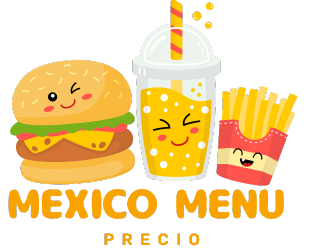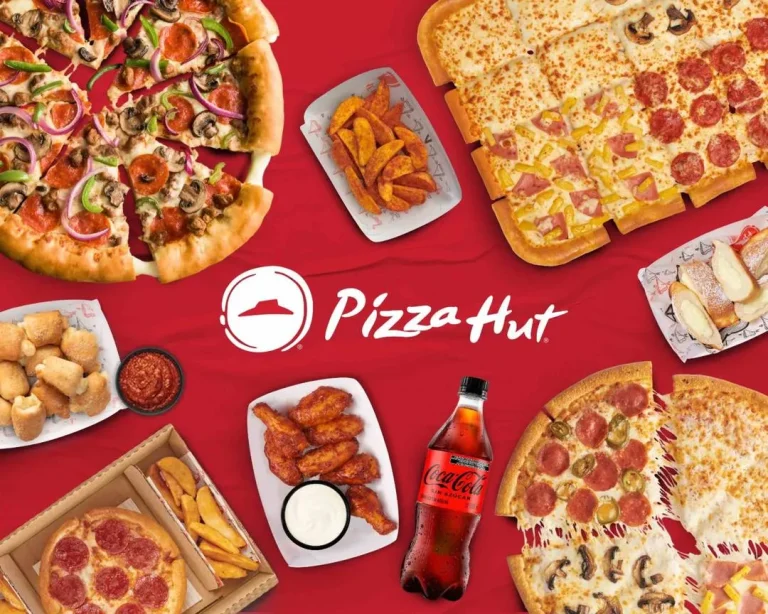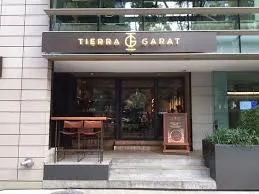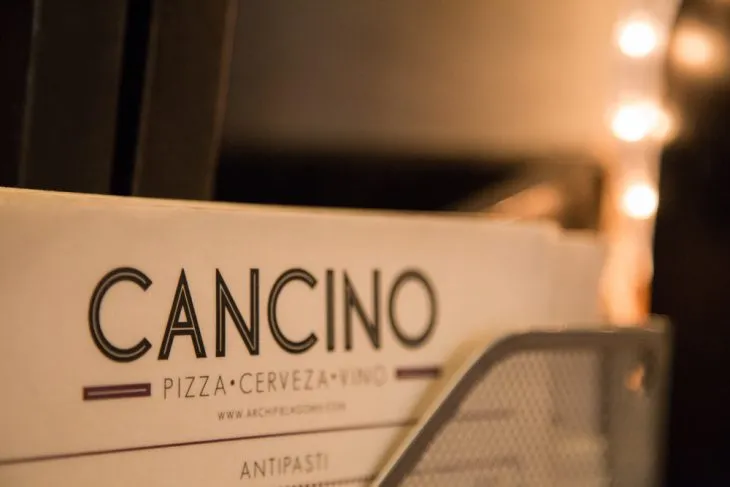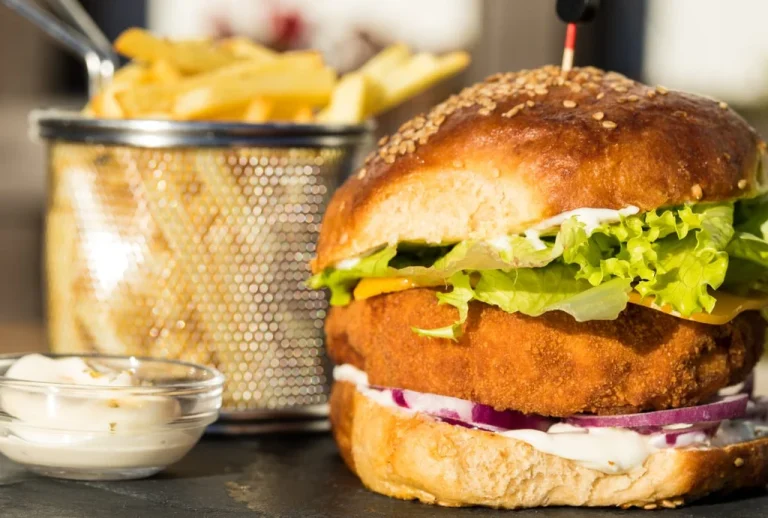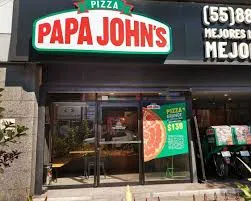How to Evaluate an Italian Food Supplier in Singapore: Quality, Import, & Certification Checklist

Selecting the right food supplier in Singapore is more than just choosing a vendor — it’s about safeguarding your business’s reputation and ensuring consistent quality for your customers. For restaurants, hotels, and retailers that pride themselves on authentic Italian cuisine, working with a trusted partner like Carecci can make the difference between thriving and struggling in a competitive market.
Italian imports are not just about flavour; they embody centuries of tradition, regulatory standards, and strict quality control. This is why evaluating your supplier’s processes — from sourcing and certification to logistics and delivery — should be a top priority.
Key Takeaways
- Always verify that your supplier provides documentation proving authenticity and origin of Italian products.
- Quality checks should extend beyond taste and include packaging, expiry, and storage conditions.
- Import handling matters; look for suppliers with established cold chain logistics to maintain freshness.
- Certifications such as HACCP and EU compliance signal trustworthiness and professional standards.
- A reliable food supplier in Singapore should offer transparency, scalability, and responsive customer support.
Why Supplier Evaluation Matters in Singapore’s Food Industry
The food service landscape in Singapore is highly competitive, and Italian cuisine continues to be a favourite among diners. Whether it’s pasta, olive oil, cheeses, or wines, authenticity and consistency are what build customer trust.
For a business, partnering with the wrong food supplier could result in late deliveries, poor-quality imports, or even regulatory penalties. On the other hand, a trusted Italian supplier ensures that every shipment meets the same high standards. This doesn’t just protect your brand’s reputation but also helps maintain customer loyalty.
Good companies demonstrate how reliability in sourcing and logistics can directly support restaurants, hotels, and retailers who aim to deliver authentic Italian dining experiences to their customers.
Evaluating Product Quality and Authenticity

One of the most critical aspects of working with an Italian supplier is ensuring product authenticity. Italian imports often carry designations such as PDO (Protected Designation of Origin), PGI (Protected Geographical Indication), and DOC/DOCG for wines. These labels are not decorative — they confirm that the product was produced, processed, and packaged according to strict regional standards.
Requesting Proper Documentation
When reviewing a supplier, always ask for the original documentation backing up these certifications. A professional supplier will not hesitate to provide it, as transparency is key to building trust with business partners.
Conducting Quality Checks Beyond Labels
Authenticity does not stop at certifications. Businesses should also perform quality checks themselves. Olive oils, for example, should have a peppery finish; balsamic vinegar should carry a balance of acidity and sweetness; and packaging should be sealed, clearly labelled, and compliant with EU standards.
Import and Logistics Handling

Even the finest Italian products lose value if they arrive in poor condition. Import logistics play a vital role in ensuring freshness and quality. Products such as cheese, cured meats, and wines require proper cold chain management, protective packaging, and careful handling during customs clearance.
Cold Chain and Temperature Control
Reputable suppliers invest in temperature-controlled shipping systems to safeguard perishable items throughout their journey. Maintaining consistent temperatures ensures that delicate products like cheeses and meats arrive in peak condition.
Compliance with Singapore Regulations
A trustworthy supplier will also ensure full compliance with Singapore’s Agri-Food & Veterinary Authority (AVA) standards. This level of attention not only prevents spoilage and contamination but also avoids costly delays and potential regulatory penalties.
Protecting Integrity from Production to Delivery
When suppliers prioritise careful logistics, they preserve the integrity of Italian imports from the production facility in Europe to your doorstep in Singapore. This consistency is essential for maintaining customer satisfaction and brand reputation.
Certification and Compliance Standards
Beyond logistics, certification is the backbone of supplier trustworthiness. A reliable food supplier in Singapore should meet both international and local food safety standards to prove their credibility and professionalism.
Key Certifications to Look For
Certifications such as HACCP (Hazard Analysis Critical Control Point), ISO 22000, and EU export compliance confirm that suppliers have robust safety and quality management systems in place. These certifications act as clear signals that food handling processes meet globally recognised standards.
From Paperwork to Practice
These standards don’t just exist on paper. They reflect practical processes such as hazard analysis, risk control, and full food traceability. Working with suppliers who hold and maintain these certifications minimises risk, ensures consistency, and safeguards your customers’ dining experience.
Pricing, Transparency, and Value
Cost will always be part of the decision-making process, but it should not come at the expense of quality. A transparent supplier will offer clear cost breakdowns that include logistics, customs duties, and taxes, rather than vague quotations. This level of clarity helps businesses budget more effectively and reduces the risk of hidden charges.
Tiered Pricing Structures for Growth
Some suppliers may also provide tiered pricing structures for different order volumes, which can benefit businesses looking to scale. By offering flexibility, these suppliers support both small operations testing the market and established businesses planning steady growth.
Balancing Cost with Long-Term Value
When evaluating offers, weigh the numbers against long-term value. A slightly higher upfront cost can translate into fewer losses from spoilage, more reliable deliveries, and a stronger business relationship built on trust. Over time, this investment secures consistency and reliability that protects your reputation.
Customer Service and Responsiveness
Choosing a supplier is not just about the products—it’s also about partnership. Strong customer service can be the difference between smooth operations and ongoing frustrations, making it a vital factor in supplier evaluation.
What Excellent Service Looks Like
The best suppliers provide dedicated account managers, respond quickly to inquiries, and show flexibility in adjusting orders during seasonal peaks. This support helps businesses stay agile in a fast-changing F&B environment.
Carecci as a Trusted Partner
For instance, businesses working with a good supplier often highlight the reassurance of having a partner who understands both the nuances of Italian imports and the high demands of Singapore’s F&B market. This responsiveness allows restaurants and retailers to plan menus effectively, adapt to new dining trends, and maintain consistency even in busy seasons.
Building Long-Term Partnerships
Suppliers that can scale alongside your business are invaluable. A partner who grows with you ensures continuity in supply while adapting to your evolving needs.
Proactive Product and Market Support
The right Italian supplier will not just fill orders but also introduce new products, share market insights, and collaborate on seasonal or innovative menu planning. This proactive approach keeps your business competitive and relevant.
Growth Through Trust and Transparency
By fostering a relationship built on transparency and trust, businesses can expand confidently, knowing their supplier is aligned with their long-term strategy. This alignment transforms the supplier from a vendor into a strategic partner.
Value-Added Services to Look For in a Food Supplier in Singapore
| Value-Added Service | What It Means | Why It Matters for Your Business |
| Menu Development Support | Suppliers suggest new Italian ingredients or seasonal specialties | Keeps menus innovative and aligned with dining trends |
| Staff Training & Product Knowledge | Tastings or training sessions for chefs and service staff | Improves product handling and helps staff explain authenticity to customers |
| Market Insights | Updates on consumer trends in Italian cuisine and imports | Guides purchasing decisions and helps businesses stay competitive |
| Promotional Collaboration | Joint marketing campaigns, events, or pairing workshops | Enhances brand visibility and customer engagement |
| Flexible Credit Terms | Payment structures tailored to business cash flow | Supports smaller businesses without straining budgets |
| Sustainability Initiatives | Eco-friendly packaging, reduced food miles, or partnerships with sustainable producers | Appeals to eco-conscious diners and strengthens brand image |
Choosing the Right Food Supplier in Singapore
Selecting a trustworthy food supplier in Singapore requires careful evaluation of authenticity, logistics, certifications, and service. This decision impacts not just your supply chain but also your customers’ dining experience and your brand’s long-term success.
At Carecci, we highlight how an experienced Italian food supplier can streamline imports, safeguard product quality, and provide dependable service to restaurants, hotels, and retailers in Singapore.
Explore Carecci’s curated selection of Italian products and expertise by visiting our Italian food supplier Singapore page.
Frequently Asked Questions
How do I know if a supplier’s Italian products are truly authentic?
Look for PDO, PGI, or DOCG certifications and request supporting documents. Authentic suppliers will be transparent about provenance.
What risks are there if my supplier doesn’t manage cold chain logistics properly?
Breaks in temperature control can spoil cheeses, meats, and wines, leading to product loss and health risks.
Can suppliers in Singapore offer custom orders for festive seasons or events?
Yes, reputable suppliers often adjust imports to match seasonal menus, from truffle products in autumn to festive wine collections.
What is the role of HACCP certification for suppliers?
HACCP ensures that food safety risks are identified and controlled at every stage, from import to distribution.
How do I balance cost against quality when selecting a supplier?
Instead of focusing on the cheapest option, weigh the long-term benefits such as consistency, reliability, and reduced wastage.
